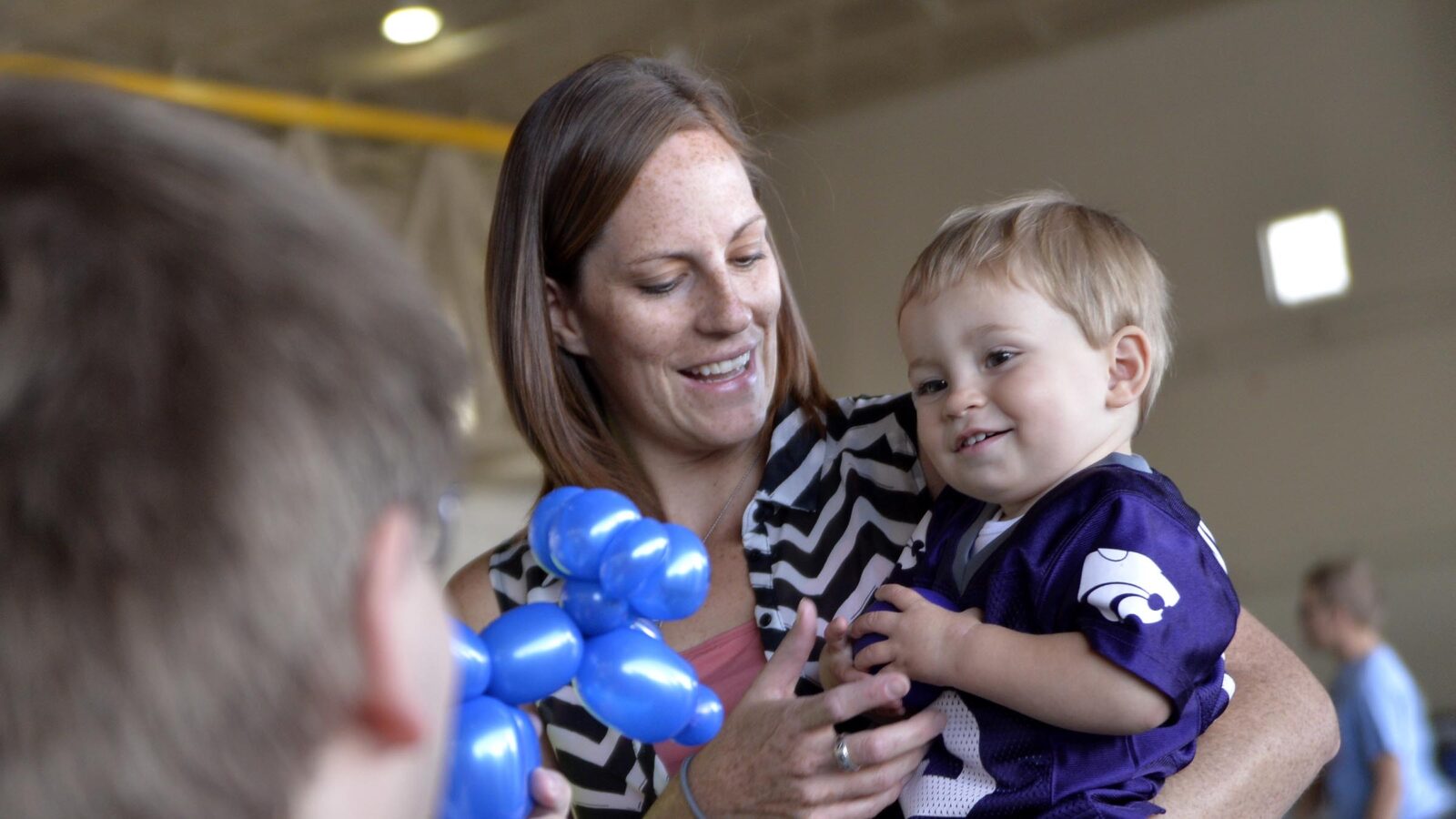access
An inspirational example of inclusive child care in the Netherlands
This blog message was contributed by Mehrnaz Tajik (CED-Group)
A glance at lunch time in inclusive child care
The children – cheerful babies and toddlers – sit down at the table for lunch. Not all children receive the same food. One child receives bread, the other is connected to the feeding tube and another child receives special yogurt. The group of children at the table also includes children who previously were part of the eating training group. Even now and then they are occasionally reminded of “bite, swallow, gone.”
Nursing integrated into the daily routines
The group of children of childcare centre Prikkebeen in Bunnik looks like regular childcare. The pedagogical staff is loving and committed to the children and they sing songs together. Although Prikkebeen seems like regular childcare, it is a little bit different. Some children in the group require medical care. This is included in the daily routines. A pedagogical employee: “It’s just part of it and it doesn’t feel like extra work. A child with special needs is also just a child. Why should we treat those children differently? ”
Inclusive care
Prikkebeen was set up 15 years ago by Ad and Joke van Es. At that time there were no childcare centres for children with special (medical) needs. Parents received home care or had to quit their jobs in order to provide care themselves. Because the children stayed at home, they had little contact with other children. The combined daycare centre at Prikkebeen has great added value for all children. The children who need extra care come into contact with other children and can be inspired by them. The other children learn to positively interact with children with particular needs and learn to take these particular needs into account. It can help children to develop empathy and pro-social skills.
“At a medical-daycare, a child can be a normal child and the other children learn to take the disability of the special need children into account. It is important for children with special needs to interact with other children. They can mirror themselves to other children, play with them, imitate them and be part of a group. This is the main reason for parents to enroll their child into childcare and not to keep it at home with the support of a nurse, “explains Ad van Es.
Eating training
The eating training group includes children who were born prematurely and therefore do not have a (good) sucking reflex. There are also children with a medical history, such as babies who had tubes in their mouths or noses or have been ventilated for a long time. They are therefore often traumatized in the mouth-nose area. For many of these children, eating and swallowing is frightening. In the eating training the children learn step by step to take a bite, chew and swallow. After a period of eating training, the children can eat independently. To this end, the pedagogical staff of this group have followed a course and learned to make sure that the meal follows a fixed ritual and a fixed routine. The pedagogical staff do not walk around during the meal, but ensure peace and devote all of their attention to the children. In this way, the meal routine is predictable for the children and is less frightening.
The story of a parent
“For us it really was a solution, because Tim needed special care. Previously he received tube feeding, but now he has finished eating training and is doing very well. For Tim, it is very important that his “medical manual” is used properly. I need to explain something to the teachers only once and they immediately know how to deal with Tim and which things they can and cannot do. I know my child is in good hands. ” [1]
To think about…
Unfortunately, it is very difficult for many Dutch parents with a child with special needs to find suitable childcare. How can we convince more child care provides to adopt this inclusive approach? Which support, which policies are needed?
1 This inspiring example comes from the guide The baby in childcare – inspirational examples of Sardes: https://www.sardes.nl/babyindekinderopvang
You must be logged in to post a comment.
